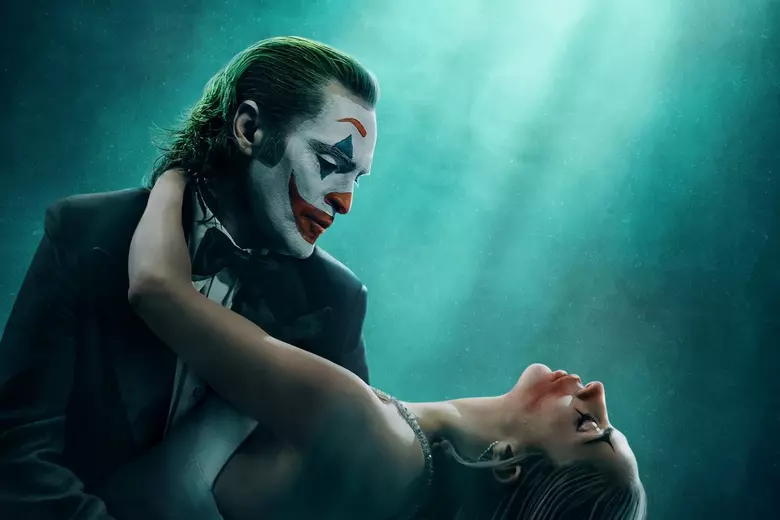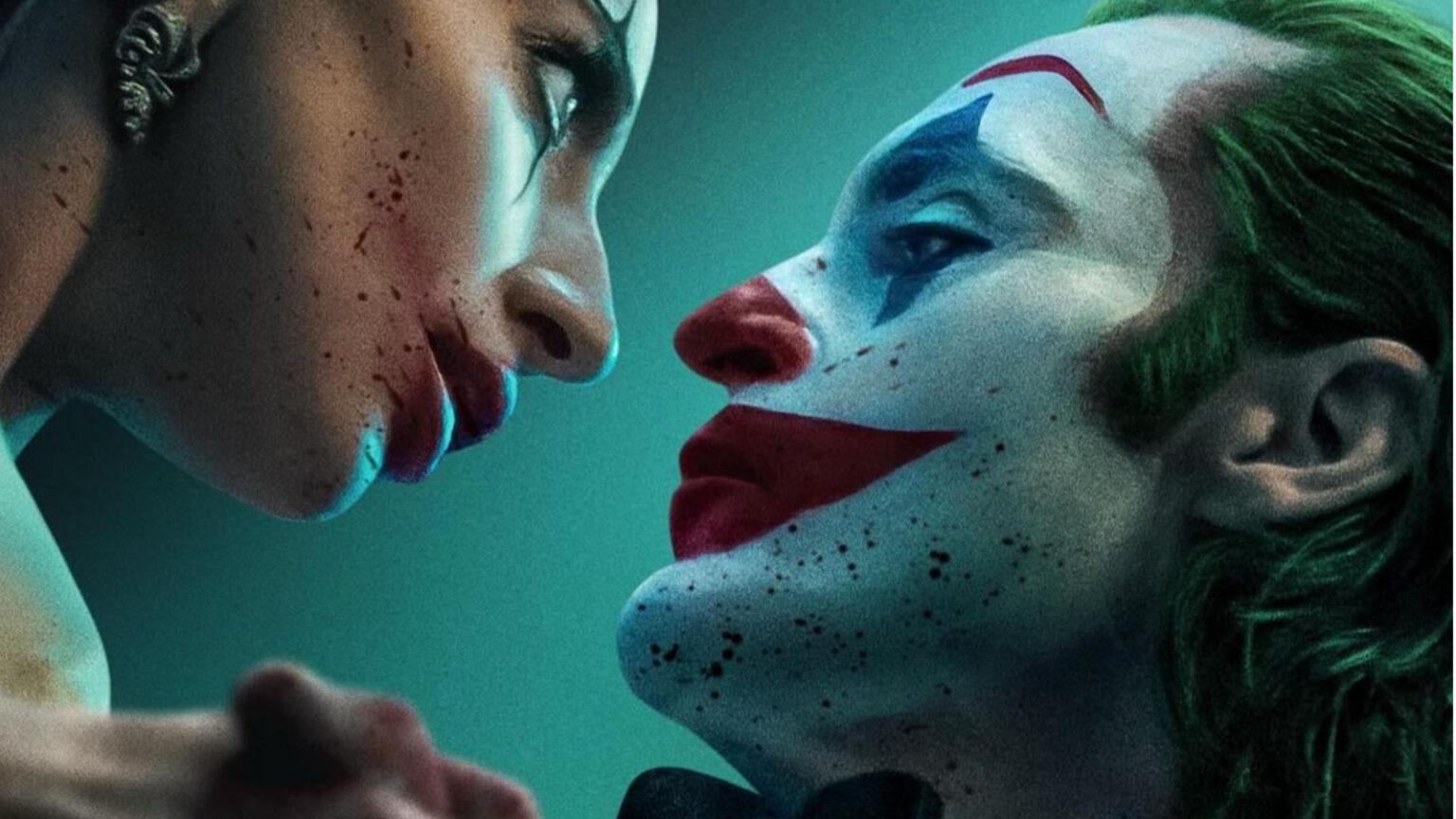Joker: Folie à Deux, directed by Todd Phillips, emerges as a bold sequel that transcends conventional superhero narratives. While fan expectations and franchise pressures often dictate the trajectory of sequels, this film bravely carves its own path, exploring deeper themes of mental illness, societal alienation, and the complexities of human relationships.

Source:- news 18
At its core, Folie à Deux retains the psychological depth that made the original Joker resonate. The film delves into the intricacies of Arthur Fleck’s psyche, further examining his descent into madness while simultaneously shedding light on the nature of companionship through the introduction of Harley Quinn, played by Lady Gaga. Their relationship, rooted in shared chaos and mutual understanding, challenges traditional portrayals of love, turning it into a reflection of the characters’ fractured realities.
Source:- bbc news
Moreover, the film’s commitment to authenticity is commendable. By addressing mental health issues with nuance, it offers a courageous commentary on the stigma surrounding these topics. The portrayal of the Joker and Harley Quinn is not merely for spectacle; it serves as a catalyst for conversations about empathy, isolation, and the human condition.
Joker: Folie à Deux is loyal to its predecessor’s tone while ambitiously expanding its narrative scope. Rather than pandering to fan service, it embraces artistic integrity, allowing viewers to confront uncomfortable truths. This sequel defies expectations, urging audiences to reflect on the characters’ struggles rather than simply seeking entertainment. In a cinematic landscape often dominated by franchises, Joker: Folie à Deux stands out as a courageous exploration of the darker facets of humanity, reaffirming its place in the annals of modern film.
Share your views in the comments

